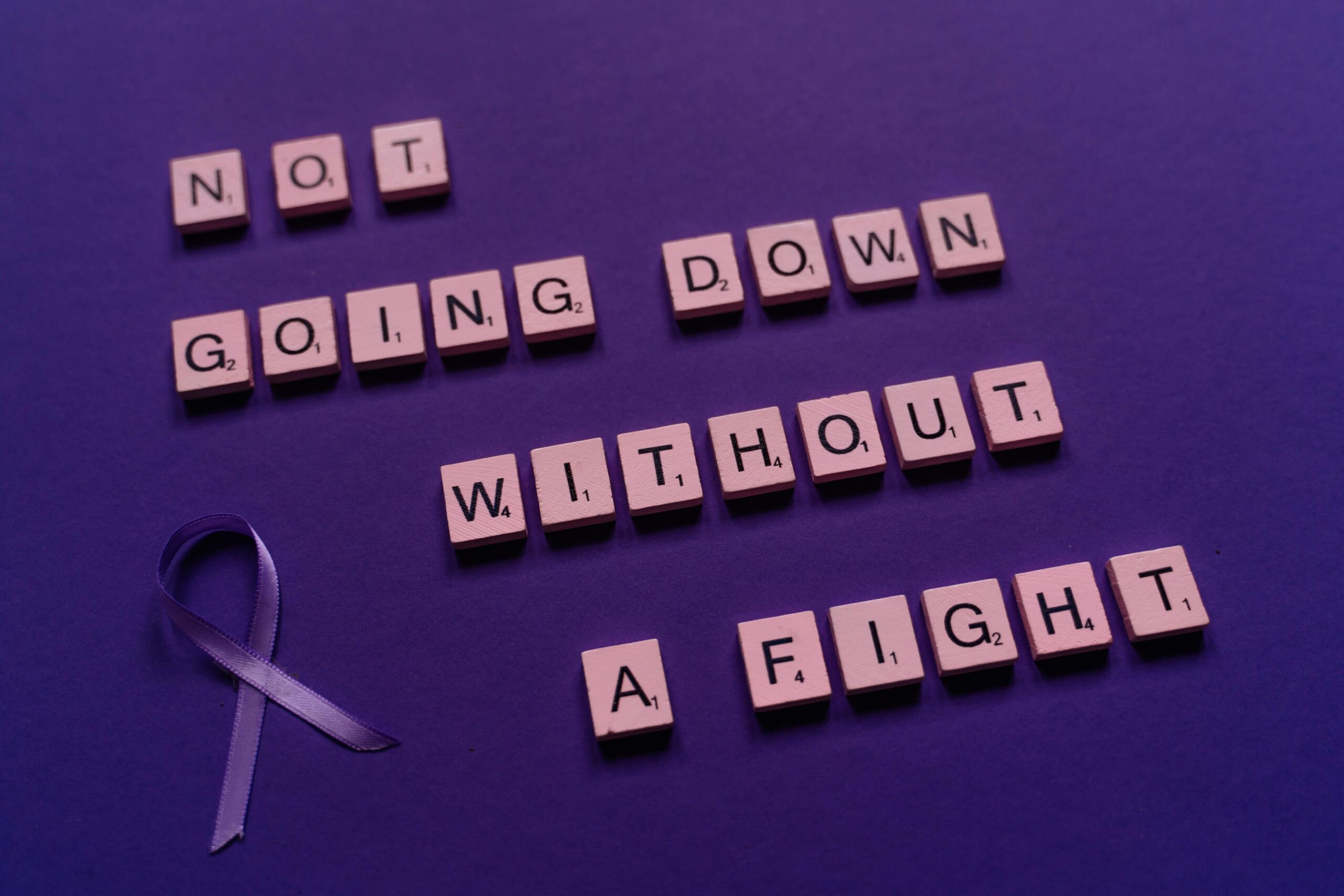October is Domestic Violence Awareness Month, a time to acknowledge the widespread effects of abuse and highlight the importance of prevention, support, and healing. While the physical consequences of domestic violence are often visible, the mental health impacts are sometimes hidden—but no less profound.
Understanding the Mental Health Impact
Domestic violence affects individuals emotionally, psychologically, and socially. Survivors may experience:
- Anxiety and hypervigilance: Living with abuse can make individuals constantly alert to potential threats, even after leaving the abusive environment.
- Depression and low self-esteem: Persistent emotional abuse can erode confidence, hope, and the ability to trust oneself.
- Post-Traumatic Stress Disorder (PTSD): Many survivors experience flashbacks, nightmares, and intrusive memories related to the trauma.
- Substance use or self-harm: Some may turn to alcohol, drugs, or self-injury as a coping mechanism for overwhelming stress.
- Impact on relationships: Abuse can make it difficult to form or maintain healthy relationships due to fear, mistrust, or learned patterns of interaction.
Children and Domestic Violence
Children who witness or experience domestic violence are also deeply affected. They may develop:
- Emotional and behavioral challenges, including aggression or withdrawal
- Academic difficulties due to stress and disrupted routines
- Long-term mental health concerns, such as anxiety or depression
Early support and intervention are crucial to prevent intergenerational cycles of trauma.
Supporting Survivors
Mental health support is a vital component of recovery. Survivors can benefit from:
- Therapy and counseling: Trauma-informed therapists can help process experiences, build coping skills, and restore a sense of safety.
- Support groups: Connecting with others who have similar experiences reduces isolation and fosters empowerment.
- Safety planning: Collaborating with advocates or professionals to create strategies for physical and emotional safety.
- Self-care routines: Establishing predictable routines, mindfulness practices, and healthy outlets for emotions can help rebuild resilience.
- Community resources: Hotlines, shelters, and advocacy organizations provide critical support and guidance.
Raising Awareness
Domestic Violence Awareness Month is an opportunity for communities to come together to:
- Educate about signs of abuse and healthy relationships
- Advocate for survivors’ access to mental health care and legal support
- Challenge stigma and misconceptions surrounding domestic violence
Final Thoughts
Domestic violence leaves lasting marks that extend far beyond visible injuries. Recognizing the hidden impact on mental health is essential to supporting survivors and promoting healing. By combining awareness, advocacy, and trauma-informed care, we can help survivors reclaim their lives and nurture emotional resilience.
If you or someone you know is experiencing domestic violence, resources like the National Domestic Violence Hotline (1-800-799-SAFE) are available 24/7. Help is possible, and you are not alone. Help is also available at Soul Sprout Mindful Care!


Leave a Reply